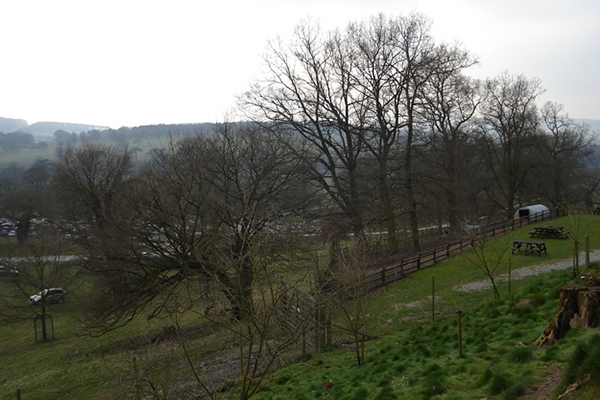You are viewing 1 of your 1 free articles
The case for partnerships between associations and Community Land Trusts
Working with CLTs can help ensure the long-term viability of our villages, writes Karl Hine
Working on the ground in rural areas, we’ve seen first-hand the need for more affordable homes that, importantly, will remain permanently in the hands of the community.
One delivery model for this is the partnership between community land trusts (CLTs) and housing associations.
Although affordability dominates the debate on the UK housing market, attention is also focused on quantity and delivering new developments in towns and cities.
The issues of affordability and delivery affect the whole country though – not just urban areas. Despite the recent boost from the Autumn Budget, with funds made available to increase the delivery of affordable homes, there is still significant unmet rural housing need.
Rural areas face real challenges in the delivery of affordable homes.
Stricter planning requirements, technically challenging sites and nimbyism mean building in villages can be less appealing for developers.
Consequently, this lack of affordable housing is threatening the long-term viability of rural communities.
“The lack of affordable housing is threatening the long-term viability of rural communities.”
As an industry, we need to bridge this gap and help bring new affordable developments to rural areas.
In our view partnering with CLTs can be part of the solution.
These non-profit, community-based organisations are set up by local volunteers to facilitate the development of new homes and even community facilities like post offices or local shops.
An ‘asset lock’ created by provisions in the CLT’s constitution ensures that any homes will remain affordable in perpetuity.
Trusts take freehold ownership of the land and can choose to partner with housing associations which are responsible for securing the funding, delivering the homes and managing the schemes post-completion under a long-term lease.
An annual ground rent is then paid from the housing association to the CLT to ensure its financial sustainability.
“Homes are built for the benefit of the community, creating a permanent resource of affordable housing that can allow people to remain in their local area.”
Homes are built for the benefit of the community, creating a permanent resource of affordable housing that can allow people to remain in their local area and produce a knock-on positive effect on the village’s economy and long-term sustainability.
These schemes could be a vital source of rural homes, yet to date only about 700 homes have been delivered via CLTs nationwide. Considering that CLTs can be set up by any enterprising community, this number is disproportionately low.
In the largely rural South West, Aster is one of only four housing associations delivering CLT partnership schemes, and there are more fledgling CLTs seeking support than there are housing associations for them to partner with.
But, there’s a great deal of innovation around CLTs that can be extremely beneficial for their housing association partners.
For example, schemes can now be allocated as part of Section 106 affordable housing provision on large developer-led sites and on land-led CLT schemes. Trusts often take on pre-planning costs to reduce the financial risk for their delivery partner. Another example of this innovation can be found at a scheme we’re currently supporting in Gloucestershire, where planning permission was secured via a community referendum rather than in the traditional way.
“There is also an unprecedented amount of grant funding currently available to support community-led development.”
There is also an unprecedented amount of grant funding currently available to support community-led development, including the £300m Community Housing Fund.
This fund provides both capital and revenue funding and has the potential to bring the community-led movement into the mainstream.
We’ve also found that staff enjoy the community-focused nature of the schemes and that they help to boost our profile within an area. Local authorities are keen to prioritise developments that can offer long-term sustainability to their region and CLT schemes provide a way to build relationships between associations, councils and communities.
CLT partnership schemes may not be suitable for every housing provider.
Aster Group is able to deliver these schemes because of our strong pipeline of larger developments that allows us to mitigate any financial risk. For smaller housing associations, this may not be as feasible.
There needs to be a stronger commitment to provide for rural areas, as well as towns. By working with CLTs, our sector can help ensure the long-term viability of our villages, give something back to the wider communities in which we operate and offer a more balanced solution to the affordability crisis.
Karl Hine, development project manager for community housing, Aster Group













